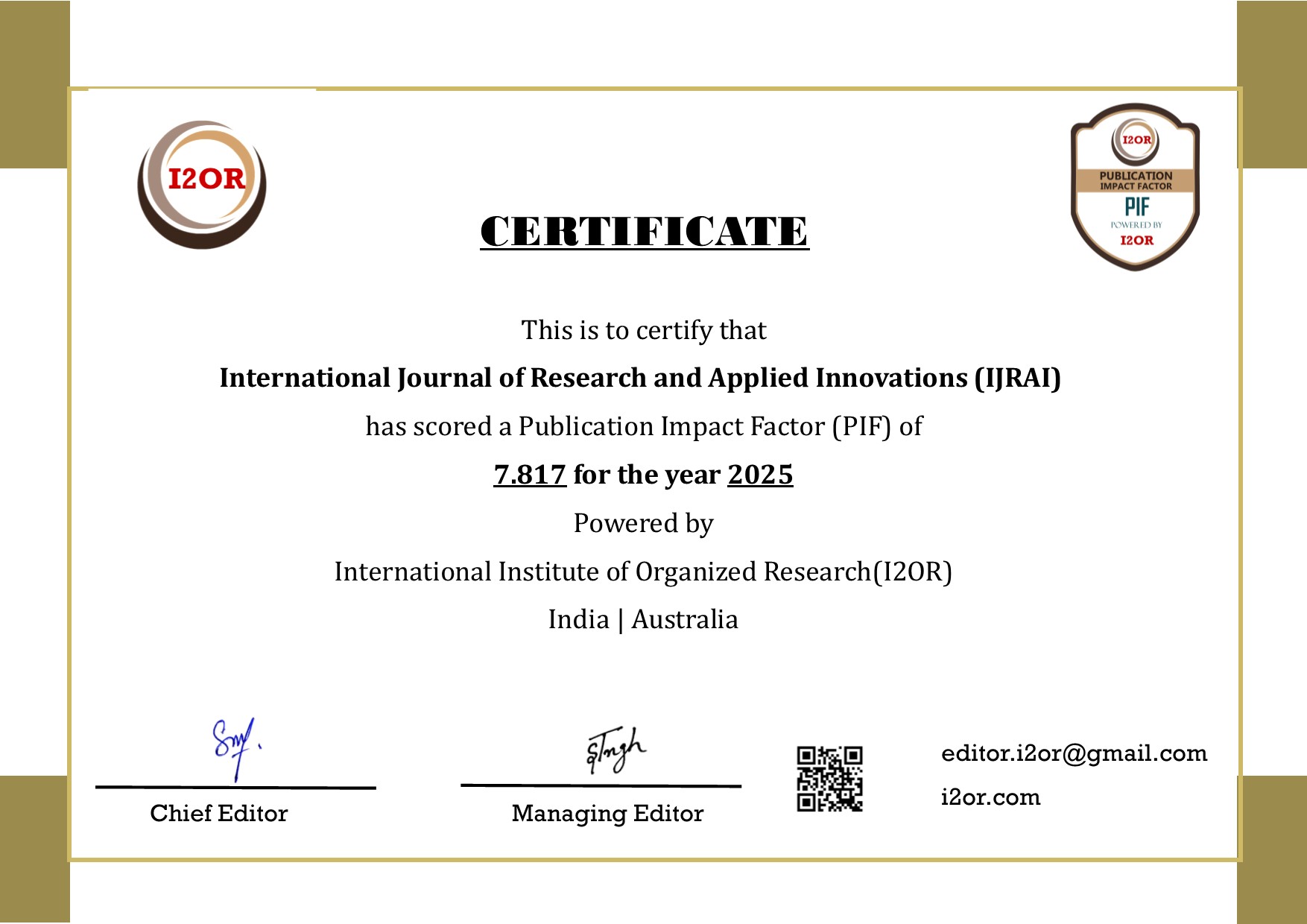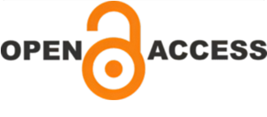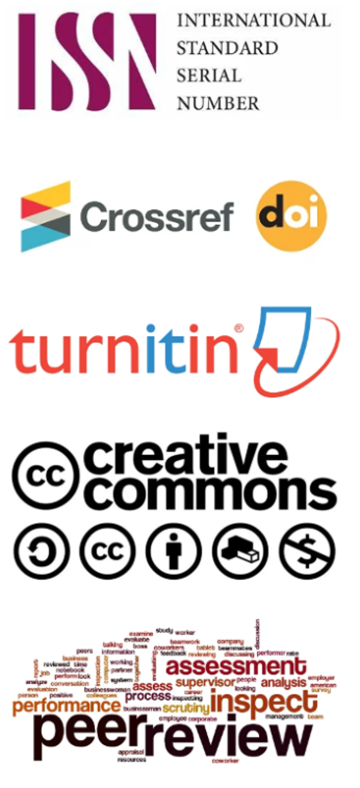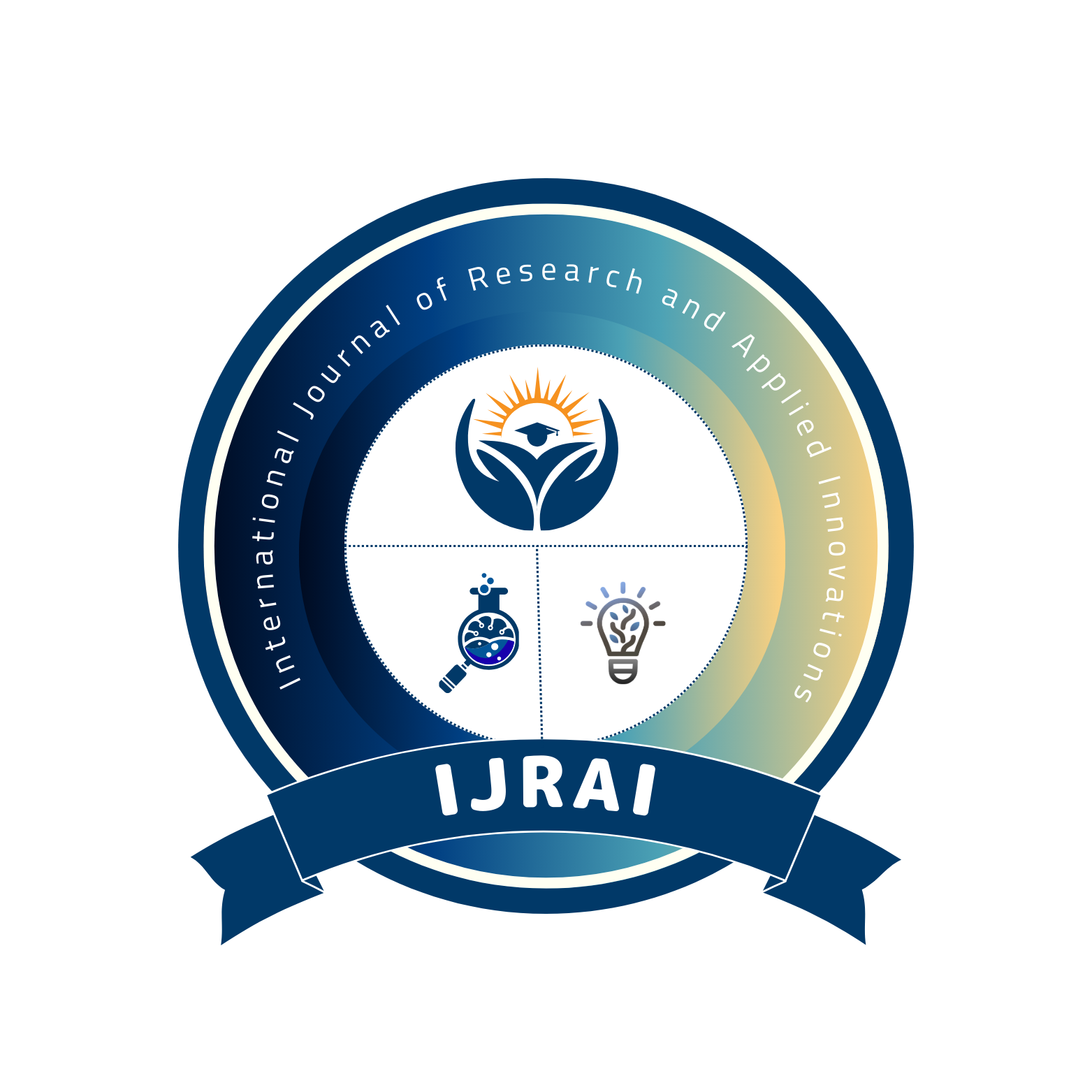Integrating Hybrid Cloud and Serverless Architectures for Scalable AI Workflows
DOI:
https://doi.org/10.15662/IJRAI.2023.0606004Keywords:
Hybrid cloud, serverless computing, AI workflows, scalability, workload orchestration, elasticity, cost optimization, fault toleranceAbstract
The growing complexity of artificial intelligence (AI) applications demands cloud architectures that can efficiently balance scalability, cost, and flexibility. This paper explores the integration of hybrid cloud infrastructures and serverless computing models to enable scalable AI workflows across heterogeneous environments. Hybrid cloud provides the ability to distribute workloads between private and public clouds, optimizing for performance, compliance, and resource availability. Serverless architectures complement this by enabling dynamic scaling, fine-grained resource allocation, and reduced operational overhead. Together, these paradigms create a unified framework for AI training, inference, and data processing, ensuring elasticity while minimizing costs. The research evaluates workload orchestration strategies, latency performance, and fault tolerance in hybrid serverless deployments. Findings demonstrate that combining hybrid cloud and serverless approaches enhances workflow efficiency, accelerates model deployment, and improves resilience, offering an effective blueprint for organizations aiming to operationalize AI at scale.
References
1. Patchamatla, P. S. S. (2023). Security Implications of Docker vs. Virtual Machines. International Journal of Innovative Research in Science, Engineering and Technology, 12(09), 10-15680.
2. Patchamatla, P. S. S. (2023). Network Optimization in OpenStack with Neutron. International Journal of Advanced Research in Electrical, Electronics and Instrumentation Engineering, 12(03), 10-15662.
3. Patchamatla, P. S. (2022). Performance Optimization Techniques for Docker-based Workloads.
4. Patchamatla, P. S. (2020). Comparison of virtualization models in OpenStack. International Journal of Multidisciplinary Research in Science, Engineering and Technology, 3(03).
5. Patchamatla, P. S., & Owolabi, I. O. (2020). Integrating serverless computing and kubernetes in OpenStack for dynamic AI workflow optimization. International Journal of Multidisciplinary Research in Science, Engineering and Technology, 1, 12.
6. Patchamatla, P. S. S. (2019). Comparison of Docker Containers and Virtual Machines in Cloud Environments. Available at SSRN 5180111.
7. Patchamatla, P. S. S. (2021). Implementing Scalable CI/CD Pipelines for Machine Learning on Kubernetes. International Journal of Multidisciplinary and Scientific Emerging Research, 9(03), 10-15662.
8. Thepa, P. C. A. (2022). Conservation of the Thai Buddhist way of the community: A case study of the tradition of alms on the water, Suwannaram temple, Nakhon Pathom Province. NeuroQuantology, 20(12), 2916–2936.
9. Thepa, P. C. A. (2022). Chitasika: Mental factor in Buddhism. Intersecta Minds Journal, 1(3), 1–10.
10. Jandhimar, V., & Thepa, P. C. A. (2022). The nature of rebirth: Buddhist perspectives. Journal of Dhamma for Life, 28(2), 16–28.
11. Thepa, P. C. A. (2022). Mindfulness: A Buddhism dialogue of sustainability wellbeing. International Webinar Conference on the World Chinese Religions, Nanhua University.
12. Khemraj, S., Chi, H., Wu, W. Y., & Thepa, P. C. A. (2022). Foreign investment strategies. Performance and Risk Management in Emerging Economy, resmilitaris, 12(6), 2611–2622.
13. Khemraj, S., Thepa, P. C. A., Patnaik, S., Chi, H., & Wu, W. Y. (2022). Mindfulness meditation and life satisfaction effective on job performance. NeuroQuantology, 20(1), 830–841.
14. Thepa, A., & Chakrapol, P. (2022). Buddhist psychology: Corruption and honesty phenomenon. Journal of Positive School Psychology, 6(2).
15. Thepa, P. C. A., Khethong, P. K. S., & Saengphrae, J. (2022). The promoting mental health through Buddhadhamma for members of the elderly club in Nakhon Pathom Province, Thailand. International Journal of Health Sciences, 6(S3), 936–959.
16. Trung, N. T., Phattongma, P. W., Khemraj, S., Ming, S. C., Sutthirat, N., & Thepa, P. C. (2022). A critical metaphysics approach in the Nausea novel’s Jean Paul Sartre toward spiritual of Vietnamese in the Vijñaptimātratā of Yogācāra commentary and existentialism literature. Journal of Language and Linguistic Studies, 17(3).
17. Sutthisanmethi, P., Wetprasit, S., & Thepa, P. C. A. (2022). The promotion of well-being for the elderly based on the 5 Āyussadhamma in the Dusit District, Bangkok, Thailand: A case study of Wat Sawaswareesimaram community. International Journal of Health Sciences, 6(3), 1391–1408.
18. Thepa, P. C. A. (2022). Buddhadhamma of peace. International Journal of Early Childhood, 14(3).
19. Phattongma, P. W., Trung, N. T., Phrasutthisanmethi, S. K., Thepa, P. C. A., & Chi, H. (2022). Phenomenology in education research: Leadership ideological. Webology, 19(2).
20. Khemraj, S., Thepa, P., Chi, A., Wu, W., & Samanta, S. (2022). Sustainable wellbeing quality of Buddhist meditation centre management during coronavirus outbreak (COVID-19) in Thailand using the quality function deployment (QFD), and KANO. Journal of Positive School Psychology, 6(4), 845–858.
21. Thepa, D. P. P. C. A., Sutthirat, N., & Nongluk (2022). Buddhist philosophical approach on the leadership ethics in management. Journal of Positive School Psychology, 6(2), 1289–1297.
22. Thepa, P. C. A., Suebkrapan, A. P. D. P. C., Karat, P. B. N., & Vathakaew, P. (2023). Analyzing the relationship between practicing Buddhist beliefs and impact on the lifelong learning competencies. Journal of Dhamma for Life, 29(4), 1–19.
23. Phrasutthisaramethi, B., Khammuangsaen, B., Thepa, P. C. A., & Pecharat, C. (2023). Improving the quality of life with the Diṭṭhadhammikattha principle: A case study of the Cooperative Salaya Communities Stable House, Phuttamonthon District, Nakhonpathom Province. Journal of Pharmaceutical Negative Results, 14(2), 135–146.
24. Thepa, P. C. A. (2023). Buddhist civilization on Óc Eo, Vietnam. Buddho, 2(1), 36–49.
25. Khemraj, S., Pettongma, P. W. C., Thepa, P. C. A., Patnaik, S., Chi, H., & Wu, W. Y. (2023). An effective meditation practice for positive changes in human resources. Journal for ReAttach Therapy and Developmental Diversities, 6, 1077–1087.
26. Khemraj, S., Wu, W. Y., & Chi, A. (2023). Analysing the correlation between managers' leadership styles and employee job satisfaction. Migration Letters, 20(S12), 912–922.
27. Sutthirat, N., Pettongma, P. W. C., & Thepa, P. C. A. (2023). Buddhism moral courage approach on fear, ethical conduct and karma. Res Militaris, 13(3), 3504–3516.
28. Khemraj, S., Pettongma, P. W. C., Thepa, P. C. A., Patnaik, S., Wu, W. Y., & Chi, H. (2023). Implementing mindfulness in the workplace: A new strategy for enhancing both individual and organizational effectiveness. Journal for ReAttach Therapy and Developmental Diversities, 6, 408–416.
29. Mirajkar, G., & Barbadekar, B. V. (2014). An Efficient Local Chan-Vese Expectation Maximization Model for Skull Stripping Magnetic Resonance Images of the Human Brain. Advances in Computational Sciences and Technology, 7(1), 33-53.
30. Mirajkar, G. (2012). Accuracy based Comparison of Three Brain Extraction Algorithms. International Journal of Computer Applications, 49(18).
31. Mirajkar, G., Patil, S., & Pawar, M. (2012, July). Skull stripping using geodesic active contours in magnetic resonance images. In 2012 Fourth International Conference on Computational Intelligence, Communication Systems and Networks (pp. 301-306). IEEE.
32. Pawar, M. K., Mirajkar, G. S., & Patil, S. S. (2012, July). Comparative analysis of iris segmentation methods along with quality enhancement. In 2012 Third International Conference on Computing, Communication and Networking Technologies (ICCCNT'12) (pp. 1-8). IEEE.
33. Suhas, S. P., Minal, K. P., & Gayatri, S. M. (2012, July). Wavelet transform to advance the quality of EEG signals in biomedical analysis. In 2012 Third International Conference on Computing, Communication and Networking Technologies (ICCCNT'12) (pp. 1-8). IEEE
34. Gayatri, M. (2012, August). A semiblind approach to deconvolution of motion blurred images using subband decomposition and independent component analysis. In 2012 IEEE International Conference on Signal Processing, Communication and Computing (ICSPCC 2012) (pp. 662-667). IEEE.
35. Mirajkar, G. (2020). COMPARISON OF IMAGE PROCESSING TECHNIQUES FOR CLASSIFICATION OF RED BLOOD CELL STRUCTURES. Ann. For. Res, 63(1), 284-291.
36. Mirajkar, G., & Deshmukh, A. EARLY DETECTION OF TUMORS IN MR IMAGES OF THE HUMAN BRAIN: AN APPLICATION USING DEEP LEARNING TECHNIQUES. Computer Integrated Manufacturing Systems, 1006, 5911.
37. Mirajkar, G., & Barbadekar, B. (2010, December). Automatic segmentation of brain tumors from MR images using undecimated wavelet transform and gabor wavelets. In 2010 17th IEEE International Conference on Electronics, Circuits and Systems (pp. 702-705). IEEE.
38. Karaka, L. M., Chinta, P. C. R., Moore, C., Sakuru, M., Vangala, S. R., Bodepudi, V., ... & Vadisetty, R. (2023). Time Serial-Driven Risk Assessment in Trade Finance: Leveraging Stock Market Trends with Machine Learning Models. Available at SSRN 5253366.
39. Vadisetty, R., Chinta, P. C. R., Moore, C. S., Karaka, L. M., Sakuru, M., Bodepudi, V., ... & Vangala, S. R. (2023). Time Serial-Driven Risk Assessment in Trade Finance: Leveraging Stock Market Trends with Machine Learning Models. Universal Library of Engineering Technology, (Issue).
40. Karaka, L. M., Vadisetty, R., Velaga, V., Routhu, K., SADARAM, G., Vangala, S. R., & Boppana, S. B. (2023). Enhancing Risk Assessment in Auto Insurance with Data-Driven Insights using Machine Learning. Available at SSRN 5254541.
41. Vadisetty, R., Polamarasetti, A., Guntupalli, R., Raghunath, V., Jyothi, V. K., & Kudithipudi, K. (2022). AI-Driven Cybersecurity: Enhancing Cloud Security with Machine Learning and AI Agents. Sateesh kumar and Raghunath, Vedaprada and Jyothi, Vinaya Kumar and Kudithipudi, Karthik, AI-Driven Cybersecurity: Enhancing Cloud Security with Machine Learning and AI Agents (February 07, 2022).
42. Polamarasetti, A., Vadisetty, R., Vangala, S. R., Chinta, P. C. R., Routhu, K., Velaga, V., ... & Boppana, S. B. (2022). Evaluating Machine Learning Models Efficiency with Performance Metrics for Customer Churn Forecast in Finance Markets. International Journal of AI, BigData, Computational and Management Studies, 3(1), 46-55.
43. Polamarasetti, A., Vadisetty, R., Vangala, S. R., Bodepudi, V., Maka, S. R., Sadaram, G., ... & Karaka, L. M. (2022). Enhancing Cybersecurity in Industrial Through AI-Based Traffic Monitoring IoT Networks and Classification. International Journal of Artificial Intelligence, Data Science, and Machine Learning, 3(3), 73-81.
44. Vadisetty, R., Polamarasetti, A., Guntupalli, R., Rongali, S. K., Raghunath, V., Jyothi, V. K., & Kudithipudi, K. (2021). Legal and Ethical Considerations for Hosting GenAI on the Cloud. International Journal of AI, BigData, Computational and Management Studies, 2(2), 28-34.
45. Vadisetty, R., Polamarasetti, A., Guntupalli, R., Raghunath, V., Jyothi, V. K., & Kudithipudi, K. (2021). Privacy-Preserving Gen AI in Multi-Tenant Cloud Environments. Sateesh kumar and Raghunath, Vedaprada and Jyothi, Vinaya Kumar and Kudithipudi, Karthik, Privacy-Preserving Gen AI in Multi-Tenant Cloud Environments (January 20, 2021).
46. Sowjanya, A., Swaroop, K. S., Kumar, S., & Jain, A. (2021, December). Neural Network-based Soil Detection and Classification. In 2021 10th International Conference on System Modeling & Advancement in Research Trends (SMART) (pp. 150-154). IEEE.
47. Harshitha, A. G., Kumar, S., & Jain, A. (2021, December). A Review on Organic Cotton: Various Challenges, Issues and Application for Smart Agriculture. In 2021 10th International Conference on System Modeling & Advancement in Research Trends (SMART) (pp. 143-149). IEEE.
48. Jain, V., Saxena, A. K., Senthil, A., Jain, A., & Jain, A. (2021, December). Cyber-bullying detection in social media platform using machine learning. In 2021 10th International Conference on System Modeling & Advancement in Research Trends (SMART) (pp. 401-405). IEEE.










